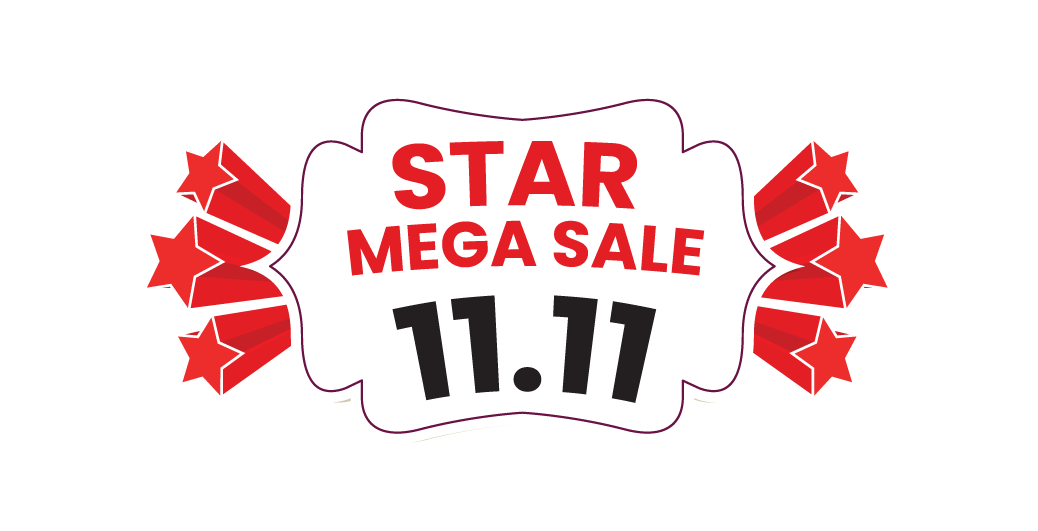Power cuts and fluctuations have become an everyday occurrence in today’s fast-paced world. Due to this, there is now a greater need for inverters, which are machines that change direct current (DC) into alternating current (AC) to power electrical equipment during power fluctuations or outages. Choosing the best inverter for your needs might be overwhelming, though, with so many brands and models on the market. The following factors should be taken into account when buying the best inverter brands.
Power Requirement
The power requirement should be the first factor taken into account when purchasing an inverter. The amount of items you wish to be able to power during a power outage determines how much electricity your inverter needs. You must compute the total wattage consumed by all of your devices to determine the power needed. You can select an inverter that can handle the load after you know this number.
Battery Capacity
Batteries are used by inverters to store and transform DC electricity into AC power. Hence, before purchasing an inverter, it is essential to take the battery capacity into account. The amount of time an inverter may operate during a power outage depends on the battery capacity. You should pick an inverter whose battery capacity can meet your needs for the specified amount of time.
Battery Type
An inverter’s battery type is also crucial. Lead-acid and lithium-ion batteries are the two types that are most frequently used in inverters. Although lead-acid batteries are inexpensive and commonly available, they require maintenance and have a limited lifespan. But, lithium-ion batteries are more expensive and offer a longer lifespan with no maintenance.
Waveform Type
Inverters produce two types of waveforms: pure sine waves and modified sine waves. Pure sine wave inverters create a smooth wave that resembles the utility grid’s waveform. They are appropriate for delicate electrical equipment like laptops, PCs, and medical gadgets. Modified sine wave inverters provide an erratic signal that can harm delicate electrical equipment. They work well for supplying power to basic appliances like fans and lights.
Inverter Efficiency
The amount of DC electricity that is transformed into AC power is referred to as inverter efficiency. The less power is lost during the conversion process the better the efficiency. To minimize energy waste, it is crucial to select an inverter with a high-efficiency level.
Inverter Size
Another crucial factor is inverter size. The power requirement and battery capacity determine the inverter’s size. You need a bigger inverter to accommodate the load if you need a lot of power. Similarly to this, a larger inverter is required to handle the charging and discharging operation if your battery has a larger capacity.
Brand Reputation
When purchasing an inverter, brand reputation is a key consideration. A well-known company is more likely to deliver high-quality products and first-rate customer support. Before making a purchase, you can evaluate a brand’s reputation by reading internet reviews and ratings.
Warranty and After-sales Service
Inverters are pricey electronics that need routine maintenance. As a result, it’s crucial to pick a manufacturer that provides a guarantee and after-sales support. You can reduce the cost of repairs and maintenance by taking advantage of a good warranty duration and after-sales support.
Price
While purchasing an inverter, price is a crucial issue to take into account. Inverters can be purchased for a variety of pricing points, from low to high. Choosing an inverter that offers value for money is crucial, though. Although an inexpensive inverter could save you money upfront, it might not last very long or deliver the necessary output of power.
Customer Support
The last key element to think about when purchasing an inverter is customer support. You can troubleshoot any problems you might have with your inverter by using a brand that offers outstanding customer service. It is crucial to pick a company that offers excellent customer assistance, including a helpline, email support, and live chat support.
Conclusion
Finally, when purchasing an inverter, it is important to carefully consider the following factors: the amount of power needed, the battery’s size and type, the waveform type, the inverter’s efficiency, the size, the brand’s reputation, the warranty, the after-sale service, the price, and customer support. You may select the best inverter brand that satisfies your needs for power backup and offers value for money by keeping these considerations in mind.
Don’t make the mistake of purchasing the first inverter you see. To make an informed choice, spend some time investigating and contrasting various brands and models. Your electrical equipment will run without interruption during power outages and fluctuations thanks to the use of the proper inverter.



